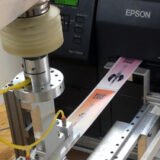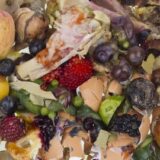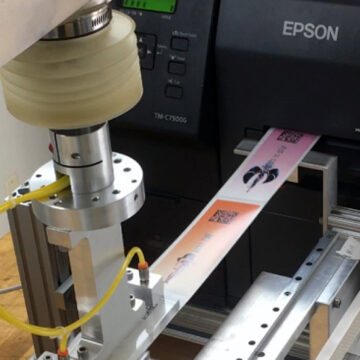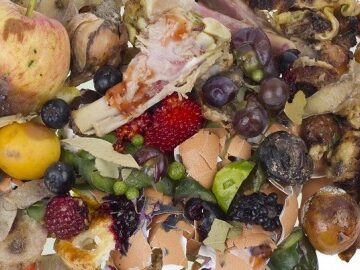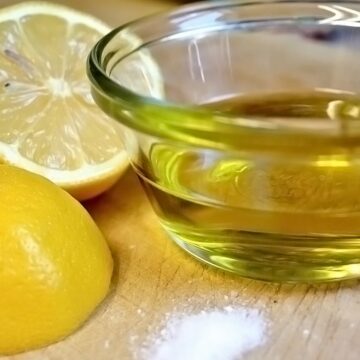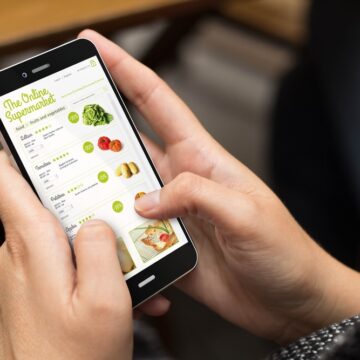As the person responsible for dealing with your coffee equipment suppliers and the suppliers of your coffee beans, you’ll know that there are many different things to consider when putting together your supply lists for the coming days and weeks. One thing that has come up time and again in recent years is the increasing trend for customers to want an alternative to dairy milk in their coffee and other drinks that you sell. There could be many different reasons for this, from health and specific diets, to just personal taste, but the best coffee shops are those that supply a different option to their customers, maintaining high levels of taste and quality with every drink served.
There are a few reasons why there has been an increase in people seeking out alternatives to the milk they have with their coffee in the morning. For one, the number of those living a vegan lifestyle has significantly increased, meaning that those people need an alternative to dairy. In other cases, it is down to health that a change of approach has been undertaken, and for others it is solely down to taste, as the non-dairy milk alternatives have become better over time. Non-dairy, healthy alternatives to milk no longer have to taste horrible, there are some pretty tasty options out there.
So, what options are there for non-dairy milks?
Soya milk was probably the first of the non-dairy milks to be championed is made using soya beans, which are soaked and then ground to make the milk. It is a fantastic source of protein, is low in calories and saturated fat, and actually contains the same amount of calcium that you would get in cow’s milk.
Almond milk is one of the most popular, with a liquid created by blending almonds together after they have been soaked overnight in water. This is then strained to make the milk itself. There are versions of almond milk that is sweetened, unsweetened and flavoured. The benefits of almond milk is that it is low in calories, helps to reduce the risk of heart disease and is a great source of Vitamin D.

Coconut milk is another fantastic non-dairy alternative, using the white flesh of the coconut, which is strained and thinned with water. Rice is added to some coconut drinks. Coconut milk is known to help with weight loss, to support immune system health and is rich in minerals and vitamins.
The latest trend in alternative milk to have with your coffee is oat milk. Oat milk is made by blending oats with water. It is low in fat and saturated fats, is full of fibre and a good source of calcium. Oat milks offers a reduced risk of heart disease to those who consume it regularly.
As you can see, there are many tasty alternatives to the dairy milk that most of us have been used to since a young age. As the manager of a coffee shop, it is vital that you look to build good relationships with your suppliers. That way, you can cater for your customers in all aspects of the business, through great tasting coffee and a variety of brews, utilise the best coffee equipment and ensure that you have alternative milks for those that want it. There is no reason why you can’t offer high quality products to your customers throughout your menu, being bold and innovative and ensuring your customers return time and time again.

